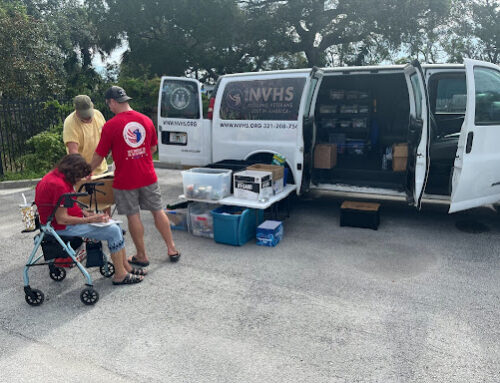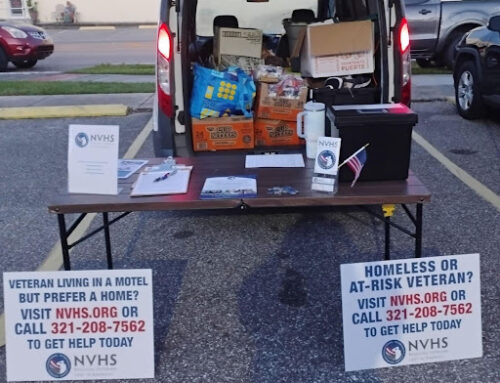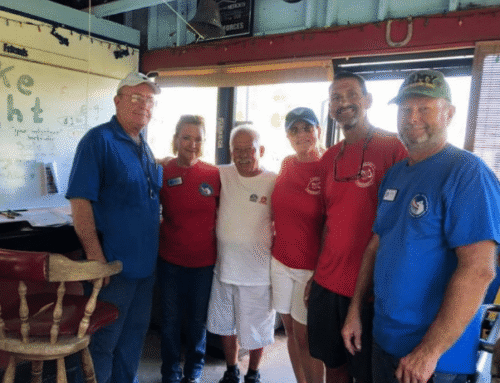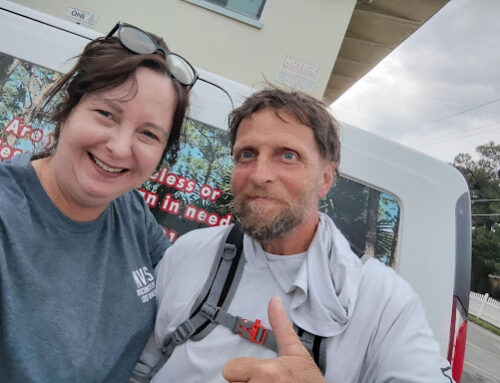Moral injury is a critical issue affecting numerous veterans and their families worldwide. But what exactly is moral injury, and how does it differ from Post-Traumatic Stress Disorder (PTSD)? More importantly, what are the effective strategies for treating moral injury? We’ll discuss all this and more in this article.
Understanding Moral Injury
Moral injury encompasses a deep psychological distress resulting from actions or lack thereof, which contradict a person’s ethical or moral code. This distress is often tied to feelings of guilt, shame, and betrayal.
Unlike PTSD — which is more about the fear and trauma one has experienced — moral injury deals more with the guilt or shame related to one’s actions or experiences. It can often be seen as a moral or ethical wound.
Recognizing the Symptoms of Moral Injury
Like most psychological concerns, moral injury trauma has its unique set of symptoms. Veterans and their families should be aware of these signs:
- Profound feelings of shame, guilt, or disgust
- Difficulty in trusting self or others
- Feelings of being a bad or unworthy person
- Alienation and isolation
- Difficulty forgiving self or others
Recognizing these symptoms early can be crucial in the timely treatment of moral injury.
Coping Strategies for Treating Moral Injury
While it’s a difficult journey, it’s essential to know that moral injury can be treated, and it’s never too late to seek help. Here are some strategies for dealing with moral injury:
- Psychotherapy: This includes cognitive-behavioral therapy (CBT), exposure therapy, and other therapies aimed at addressing the root cause of the injury.
- Group Therapy: Veterans may find solace in sharing experiences and coping strategies with people who have faced similar circumstances.
- Art Therapy: Creative outlets like painting, sculpting, or writing can be therapeutic, helping to process difficult emotions and experiences. More about the role of art therapy can be found here.
- Family Involvement: The support of loved ones is invaluable. Families can understand the situation better by familiarizing themselves with resources on how to help someone with PTSD.
- Use of VA Resources: The VA offers numerous programs and mental health resources specifically tailored for veterans.
Moral Injury and Suicide
Sadly, moral injury can often lead to thoughts of suicide. The immense guilt, shame, and feelings of worthlessness can become overwhelming. If you or a loved one is dealing with these thoughts, it’s essential to seek immediate help by reaching out to the Veterans Crisis Line. You can call by dialing 988, then pressing 1. You can also connect by texting 838255.
Remember, moral injury doesn’t define you or your worth. Seeking help is not a sign of weakness but an act of courage. For additional resources, consider exploring the supportive services for veteran families offered by various VA programs. Don’t hesitate to reach out for the help that you or your loved one deserves.
National Veterans Homeless Support seeks to eliminate homelessness among veterans in Central Florida and nationwide. NVHS takes a proactive, intervention-based approach to homelessness by meeting homeless veterans where they are and helping them from there. Through programs like Search and Rescue Outreach, NVHS helps homeless veterans get the supplies they need to survive, connects them with support and resources, and helps them transition off the streets and into temporary or permanent housing. Some of our programs also include art therapy to help veterans heal. If you’re able, consider supporting our mission by donating or signing on as a volunteer.





